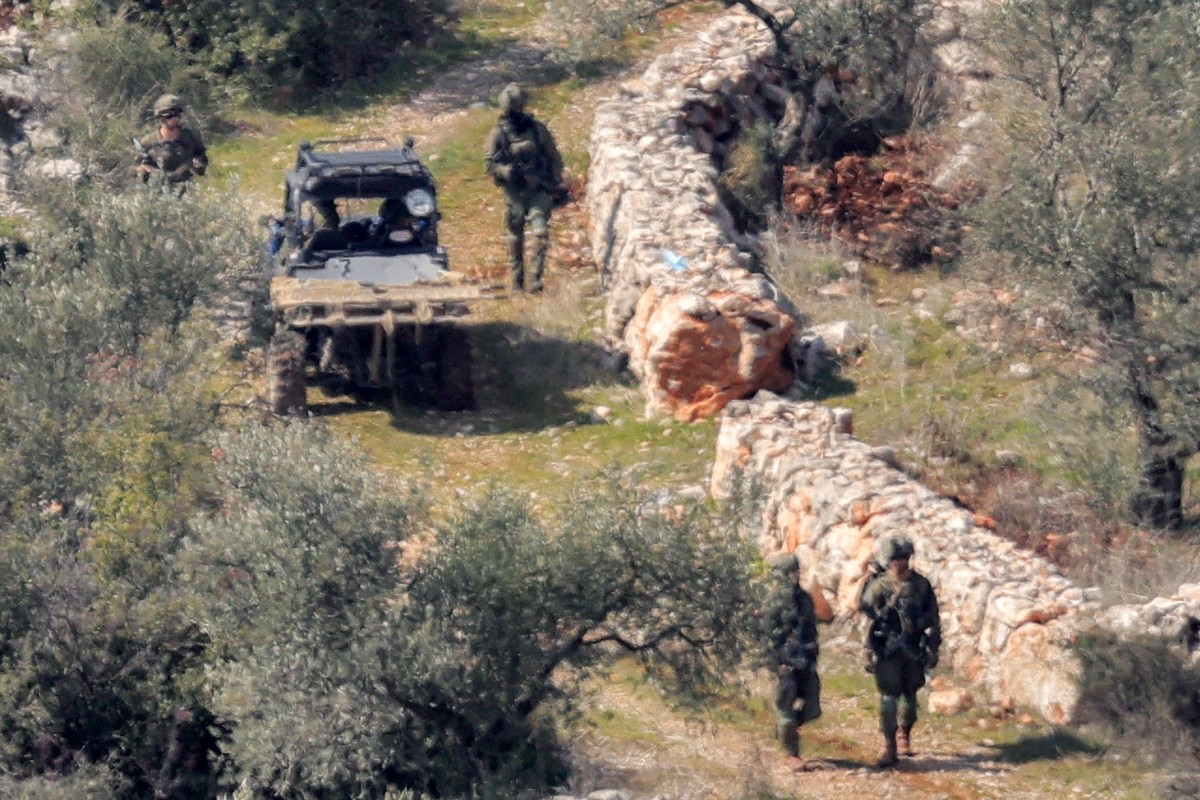Beirut, Lebanon- Israel’s army has pulled out of southern Lebanese villages but remains in five positions, a Lebanese security source said, as a deadline for the withdrawal expired Tuesday under a peace deal with Hezbollah.
“The Israeli army has withdrawn from all border villages except for five points, while the Lebanese army is gradually deploying due to the presence of explosives in some areas and damage to the roads,” the source, who spoke on condition of anonymity, told AFP.
Israeli troops had started withdrawing Monday from some border villages, according to a Lebanese security official, but they seemed poised to stay in key areas.
“Israeli forces are beginning to withdraw from border villages, including Mais al-Jabal and Blida, as the Lebanese army advances,” the official told AFP, requesting anonymity to discuss sensitive matters.
Hezbollah strongholds in south and east Lebanon and south Beirut saw heavy destruction during two months of all-out war and a year of cross-border hostilities initiated by Hezbollah over the Gaza conflict.
Authorities estimate reconstruction costs could reach more than US$10 billion, while more than 100,000 remain internally displaced according to United Nations figures.
Despite the devastation, thousands have been waiting eagerly since the November 27 ceasefire to return home, inspect their properties and in some cases search for the dead under the rubble.
Under the ceasefire, brokered by Washington and Paris, Lebanon’s military was to deploy alongside United Nations peacekeepers as the Israeli army withdrew over a 60-day period that was extended to February 18.
Hezbollah was to pull back north of the Litani River, about 30 kilometers (20 miles) from the border, and dismantle the remaining military infrastructure there.








